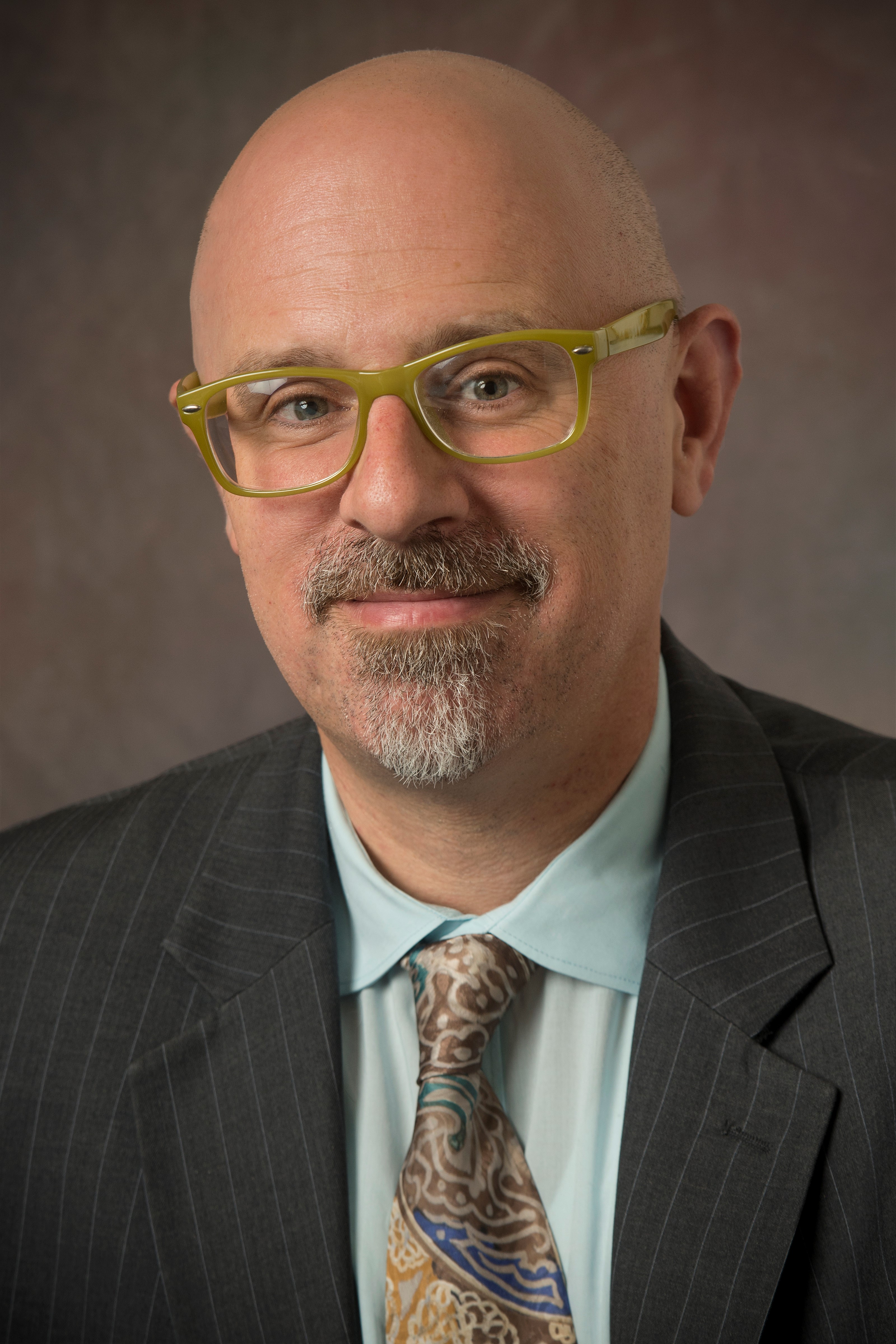How Does a Nation Preserve Democracy? Expert Tom Ginsburg Discusses the Topic at 2018 Miller Lecture

Tom Ginsburg, Ph.D., Leo Spitz Professor of International Law (Photo from The University of Chicago)
Media Contact: Terry_Goodrich, 254-710-3321
Follow Baylor Media Communications on Twitter: @BaylorUMedia
WACO, Texas (Feb. 23, 2018) – Baylor University’s department of political science will present its annual Robert T. Miller Lecture at 7 p.m. Monday, Feb. 26, in Bennett Auditorium. The guest lecturer, Tom Ginsburg, Ph.D., Leo Spitz Professor of International Law, Ludwig and Hilde Wolf Research Scholar and professor of political science at the University of Chicago Law School, will discuss democracy.
“The Miller Lecture series, named after former Baylor faculty member Robert T. Miller, is designed to bring prominent scholars of public law to our campus for a public lecture,” said Jerold Waltman, Ph.D., professor of political science at Baylor. “This year we are pleased to welcome Professor Tom Ginsburg of the University of Chicago. Dr. Ginsburg has written widely on American and comparative constitutional law.”
Ginsburg’s lecture, “How to Lose, and Save, Constitutional Democracy,” will address the question: Is the United States at risk of democratic backsliding? Citing a co-authored book manuscript, Ginsburg draws on comparative law and politics to explore the state of constitutional democracy in the United States. Comparative experience suggests two modal paths of democratic decay, identified as collapse and erosion, according to Ginsburg. Over the past quarter-century, the risk of democratic collapse around the world has declined, whereas the risk of erosion has spiked. Ginsburg will discuss the real steps the United States can take to better insulate the government system.
“The fact is that many constitutional democracies around the world are facing new challenges, driven by structural changes to the socioeconomic environment and geopolitical shifts,” Ginsburg said. “The United States is not immune from the forces that threaten democracy around the world. We need to understand the pathways of democratic erosion, so as to protect our constitutional heritage.”
Ginsburg received three degrees from the University of California at Berkeley: his bachelor’s in Asian studies in 1989, Juris Doctor in 1997 and doctorate in jurisprudence and social policy in 1999. He has authored and edited numerous books, been published in a variety of journals and has served as professor, adviser, consultant and fellow at universities and organizations around the world.
Ginsburg’s research focuses primarily on comparative and international law from an interdisciplinary perspective. He co-directs the Comparative Constitutions Project, an effort funded by the National Science Foundation to gather and analyze the constitutions of all independent nation-states since 1789.
Robert T. Miller, Ph.D., devoted his life to Baylor University and the teaching of political science. He received his B.A. and M.A. degrees from Baylor prior to earning his Ph.D. in Government at the University of Texas-Austin. He taught at Baylor University from 1946 to 1995, having offered courses in virtually every area of political science over those years. He served as the chair of the department of political science from 1962 until 1990, when he was appointed the R.W. Morrison Distinguished Professor of political science. Miller passed away in 1996, but his legacy lives on each year through the lecture series at Baylor.
The event is free and open to the public. Bennett Auditorium is located in Draper Academic Building, 1420 S. Seventh St. For more information, visit the Department of Political Science website.
by Brooke Battersby, student newswriter, (254) 710-6805
ABOUT BAYLOR UNIVERSITY
Baylor University is a private Christian University and a nationally ranked research institution. The University provides a vibrant campus community for more than 17,000 students by blending interdisciplinary research with an international reputation for educational excellence and a faculty commitment to teaching and scholarship. Chartered in 1845 by the Republic of Texas through the efforts of Baptist pioneers, Baylor is the oldest continually operating University in Texas. Located in Waco, Baylor welcomes students from all 50 states and more than 80 countries to study a broad range of degrees among its 12 nationally recognized academic divisions.
ABOUT BAYLOR COLLEGE OF ARTS & SCIENCES
The College of Arts & Sciences is Baylor University’s oldest and largest academic division, consisting of 25 academic departments and seven academic centers and institutes. The more than 5,000 courses taught in the College span topics from art and theatre to religion, philosophy, sociology and the natural sciences. Faculty conduct research around the world, and research on the undergraduate and graduate level is prevalent throughout all disciplines. Visit www.baylor.edu/artsandsciences.